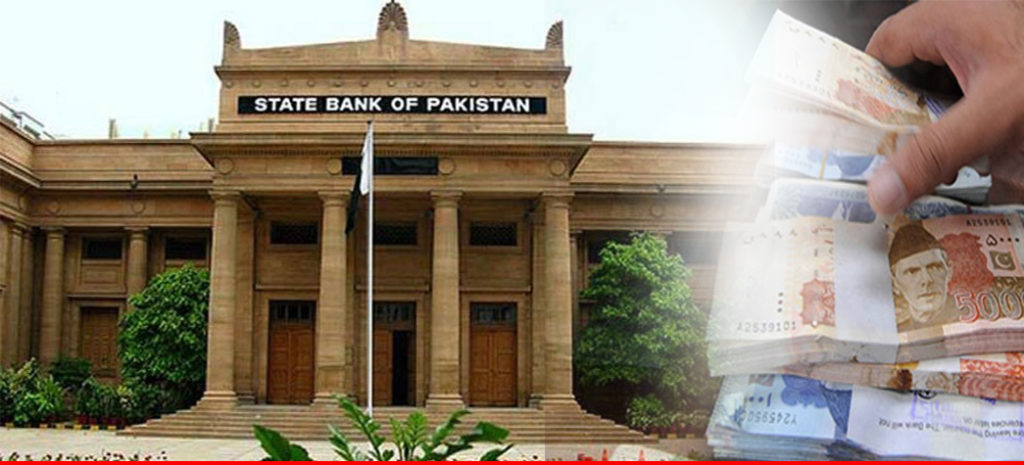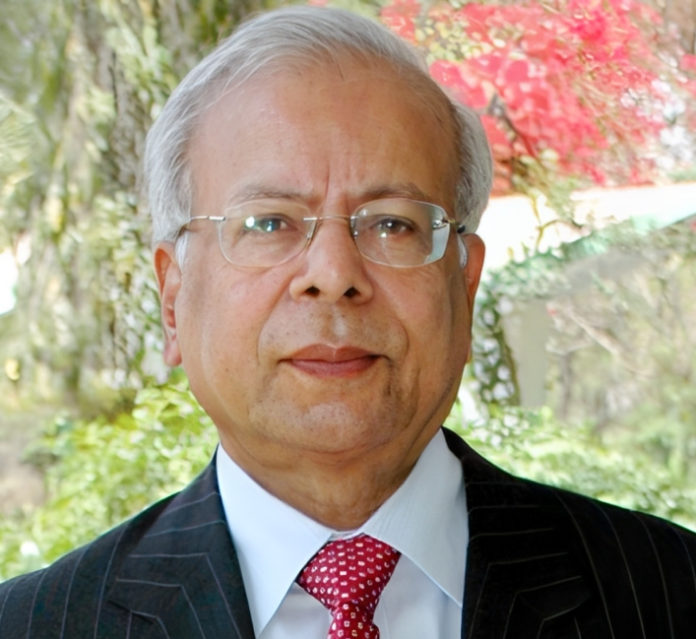The majority of the corruption cases the National Accountability Bureau (NAB) tackled when it first came into being in Oct 1999 pertained to misdemeanor in the nationalized financial institutions. About 80% of the cases involved loans and/or advances on flimsy grounds and against very little (or mostly fake) collateral. NAB’s first major successes therefore was catching financial sector crooks and recovering large amounts which previously were considered as lost in the balance sheet as “bad debt”, those guilty were brought to swift and speedy justice.
Bringing in the “plea bargain” concept allowed those found guilty of banking scams opportunity to return the money they had looted in return for not being incarcerated, over time this became somewhat of a farce. Having looted the banks wholesale they were allowed to go free while returning only a part of the money they had pocketed. This looted money was used as “investment” in business and real estate. Some of them are now tycoons, even going into the media business as a “self-protection” mechanism. Spouting their “great patriotism”, crooked NAB officials involved in the “plea bargaining” scam lined their pockets making deals allowing the guilty to walk free. Has NAB succeeded in holding their own crooks accountable?
In many cases the sanctioning and disbursement of loans was because of political pressure on the bankers. Only some of the politicians among the many who had orchestrated these financial crimes looting our nationalized commercial banks (NCBs) were brought to justice. Those who had applied this criminal pressure and those in the banks who had willingly facilitated their scams were rarely held accountable. The majority of the professionals in the banks were honest and upright, their indulging in any irregular activity without adhering to banking norms was on the direction of their superiors, who in turn were coerced by others more influential and/or powerful to give loans/advances. A small number of bankers did take advantage of the grey area thus created “on being Instructed from above” to benefit themselves, using the prevailing free-for-all environment. Banking officials in many cases chose to ignore the authenticity of documents of obviously fake nature. Unfortunately banking officials who should have been held accountable for sanctioning and disbursement of such loans was very small.
More worrisome was the conduct of the audit firms, some of them with international connections having pristine reputations. How did they gloss over those these fraudulent transactions? Why did they not catch the collaterals being fake, and in some case not even enough? The lack of adequate monitoring and due analysis by those audit firms did not lead to their being held accountable or sanctioned for this by either SECP or SBP, not even when those who were involved in the banking scams pleaded guilty. When NAB’s enquires started to question bankers in earnest, the then Governor of the State Bank of Pakistan (SBP), Dr. Ishrat Hussain, went to (then) President Gen Musharraf and pleaded with him that this was causing loss of morale in the banking sector and would have a direct effect on foreign investment. He gave the assurance that because of Prudential Regulations the SBP would be able to monitor and punish any wrongdoing. There was no ill-intent on the part of the Governor SBP Dr Ishrat Hussain, he was genuinely worried about the effect on the commercial climate if the bankers were hauled up, rightly or wrongly. A suitable amendment was brought into the NAB Ordinance where the SBP was the primary institution for monitoring for any wrongdoing. While NAB could still investigate banking frauds and scams in financial institutions but not without first getting permission from SBP. In actual practice NAB stopped doing so altogether, a credible barometer is that the volume of money recovered from the crooks in the first 2 years by NAB has not been matched in the 15 years since then. Despite the fact that Dr Ishrat ensured that Presidential Regulations started being enforced in earnest the crooked among the bankers soon started indulging in malfeasance across the board. While banking transactions across the board became more transparent and credible, the crooked bankers just changed their modus operandi.

While SBP Inspection Teams usually do an excellent job auditing the financial institutions, they do not look in depth to non-banking transaction. This creates an opening for the crooked for skimming money from areas that the SBP’s Inspection Department did not concentrate on, mostly by padding expenditures, ie entertainment, marketing, advertisement and administrative expenses, etc. One of the favourite means is to award “Consultancies”. These crooks have made tailoring of balance sheets into an art knowing that the Bank’s Board of Directors do not have time and mechanics to go deeply into financial outlays. Despite this looting of the public’s money, SBP maintained that oversight of expenditures is the domain of the Board of Directors. One particular crooked banker puts his enormous “entertainment” expenses outside the country under the Head of “Other” expenditures, with only his hand-picked unqualified CFO conveniently hiding the expense details from the auditors.
The World Economic Forum’s (WEF), Global Agenda Council (GAC) for “Transparency and Anti-Corruption” in Abu Dhabi following WEF’s “Partnering Against Corruption Initiative” (PACI), emphasized the dubious role of bankers in the “Illicit Flow of Funds” (IFFs) and how to curb this illegal activity. Emphasis was made on also closely monitoring cost-income ratios, the measure being that if it is 10% or more than the average of other banks, there is something wrong. International Monetary (IMF) Fund Chief Christine Lagarde very recently called for prosecution of individuals in the financial industry for misconduct, Lagarde said that holding individuals accountable for wrongdoing would be an important way to raise ethics standards in the financial services sector, whose reputation has been hammered by repeated scandals and misconduct. To quote the IMF chief “despite evidence of actual malfeasance in several cases, it has been mostly corporate balance sheets that have borne the brunt of legal sanctions for reckless behavior not individuals. In fact, sanctions directed at financial institutions have come to be perceived simply as a cost of doing business “which calls for adequate provisioning.” The connection was made that the bankers fudging administrative expenses would not be averse to permit money-laundering.
Some suave banking crooks facilitate terror financing, an integral part of organized crime. The military’s frustration at the govt’s rhetoric not matching deeds is evident from their last Corps Commanders Conference. We must target these white-collar criminals funding the vital nexus between organized crime and terrorism.




